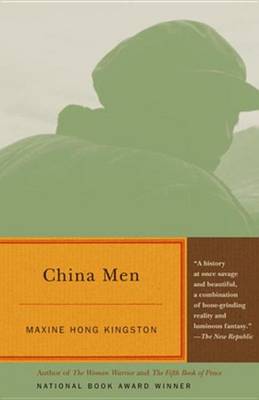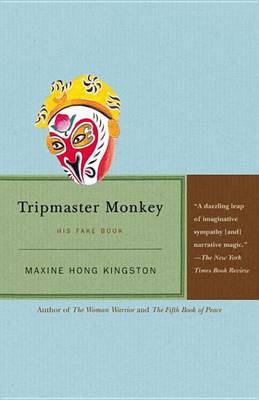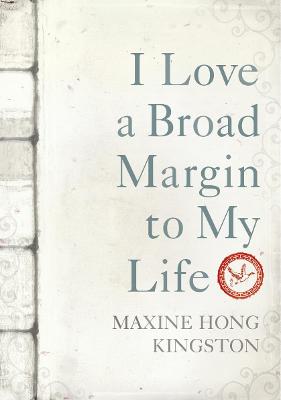Vintage International
4 total works
`A brilliant memoir . . . it is about being Chinese in the way A Portrait of the Artist is about being Irish; it is an investigation of soul, not landscape, its sources are dream and memory, myth and desire; its crises are the crises of a heart in exile from roots that bind and terrorize it . . . Maxine Hong Kingston writes with bitter and relentless love. Her voice, now, is as clear as the voice of Ts'ai Yen, who sang her sad, angry songs of China to the barbarians. It is as fierce as a warrior's voice, and as eloquent as any artist's' Jane Kramer, New York Times Book Review
`This is a delightful book . . . tells more than I ever imagined about the strangeness of being Chinese and a woman; it also gives a superb account of what it's like simply to be alive' Victoria Radin, New Society
`A strange, enchanting book . . . As a manual of self-discovery through the channels and terrors of one's own rejected communal memory, it is unbeatable' Clancy Sigal, Guardian
`As a dream - of the "female avenger" - it is dizzying, elemental, a poem turned into a sword . . . reimagining the past with such dark beauty, such precision and anger that you feel you have saddled the Tao dragon and see all through the fiery eye of God' John Leonard, New York Times
`A book of fierce clarity and originality' Newsweek
Maxine Hong Kingston, author of such seminal works as The Woman Warrior and China Men, is one of the most important American writers of her generation. In this remarkable memoir, she writes from the point of view of being sixty-five, looking back on a rich and complex life of literature and political activism, always against the background of what it is like to have a mixed Chinese-American identity.
Passages of autobiography, in which she describes such events in her life as being imprisoned with Alice Walker for demonstrating against the Iraq war, meld with a ficitonal journey in which she sends her avatar Wittman Ah Sing on a trip to modern China. She also evokes her own poignant journey, without a guide, back to the Chinese villages her father and mother left in order to come to America.



